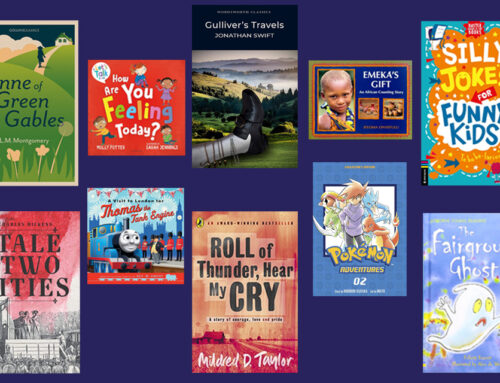Professor Barry Hymer is on the international advisory board for Dansk Skoleskak, the Danish scholastic chess organisation. He is co-writing a book on chess and mindset with two friends, including the busiest chess coach in the UK and a chess grandmaster who leads on the English Chess Federation’s Accelerator Programme for young talent. Barry is also an ambassador for Potential Plus UK and has delighted parents and carers with keynote addresses at events on several occasions.
To the consternation of my parents and teachers, chess, not schoolwork, was the passion of my school years. Whereas I found much of the curriculum uninspiring and some teachers downright dangerous (the geography teacher who insisted that the earth is “far bigger” than the sun was a particular low-point), chess filled the intellectual void. I was fortunate that my Latin and history teacher was a former national chess champion whom I suspect shared my preference for chess over conjugations or historical timelines, and I had friends who had caught the chess bug too, but the big attraction was the game itself: here was an activity that was simple enough to be immediately accessible but also infinitely subtle and complex; a game which was simultaneously an art, science and sport; an endeavour which visibly rewarded effort, grit and study yet which eluded mastery; a struggle which, like life, brought moments both of profound despair and peak triumphs and which taught me to handle both wisely; above all, I’d found something that was exciting me intellectually in a way that even my early crazes/passions (for chemistry, entomology, war history and – I kid you not – beetroot horticulture) couldn’t sustain.
Tragically, it didn’t last, but that was my fault, not the game’s. Beyond my undergrad years, and mindful of the game’s capacity to obsess a person completely, I consciously dropped chess in favour of career and ultimately family. I returned to it only when my children left home and I opted for semi-retirement. In these latter years I’ve enjoyed not only returning to this wonderful game itself, but finding the parallels between chess and my lifelong professional interest in talent development. And what I’ve found, I’d urge others to consider too. Potential Plus UK has a long history of offering taster sessions on its family days, but organisations like Chess in Schools and Communities (CSC) do a fine job of bringing chess into young lives, and there is a national network of junior chess associations and clubs which could appeal to young people outside of the formal school system. Siegbert Tarrasch, a great chess master and teacher from the early 20th century put it best: chess, like love, like music, has the power to make us happy.






